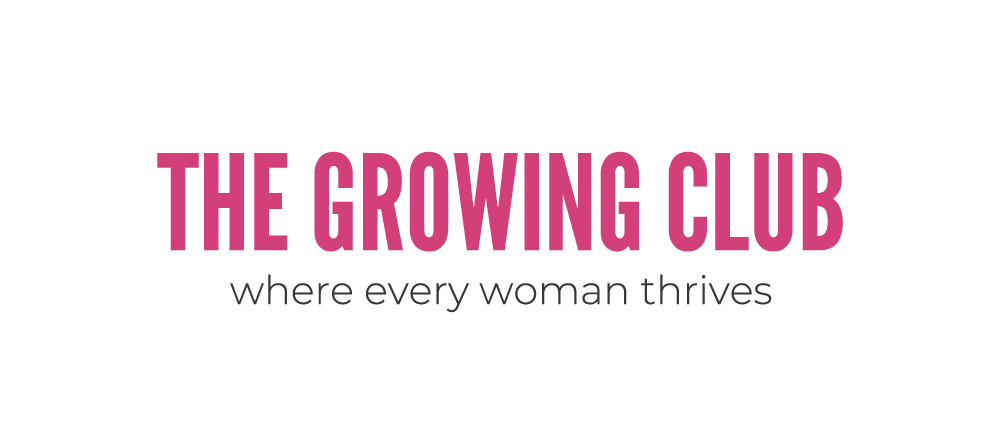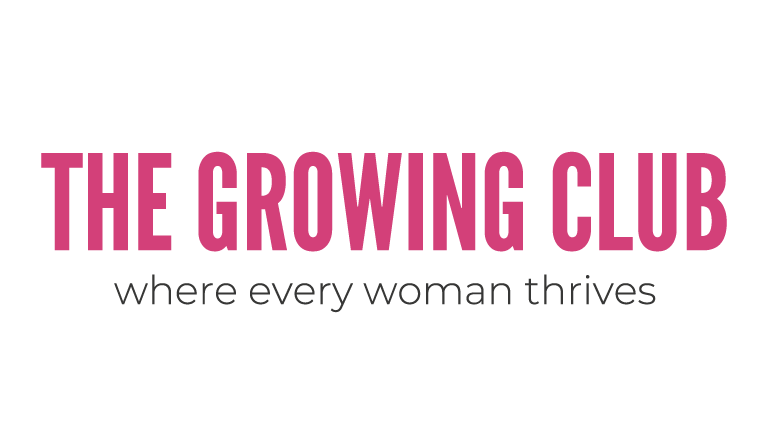Access to work – Support for those of us with health conditions and disabilities
The Growing Club was founded by and is run by women with disabilities. As a result we attract a lot of neuro-diverse women and women with long term health conditions.
For many, self-employment offers the flexibility that employment does not when it comes to managing our health conditions.
We all have a tendency to just get on with it, and we do great, but the struggles we have can be tiring and frustrating, and even impact our confidence in our abilities.
We have recently accessed the support of Access to Work, an amazing service that feels like the world’s best kept secret! Below, Rebecca Batstone one of our growth programme trainers and our business coach shares her experiences of the process so you can decide if this is a place you can go for support.
What Is Access to Work?
Access to Work is a government funded scheme which is designed to support individuals over the age of 16 who have a disability, illness or health condition that means you may need support to do your job.
Access to Work is for both employed and self-employed people and the support is not means tested.
Access to Work is there to support you with the costs of additional equipment, tools, software, coaching, support worker or any other kind of reasonable support that you might need in order to be able to fulfil your duties in your job.
It does not replace the reasonable adjustments that your employer is expected to provide. Things that may be considered reasonable adjustments might be a printer for your computer if you struggle to read documents on a screen, or noise cancelling headphones if you work in an open plan office.
Access to Work is there to support any additional costs over and above these reasonable adjustments.
So How Do You Apply?
You do not need a diagnosis to apply. The key thing is to be able to link the difficulties you experience in work to your disability, illness, or health condition. The more clearly you can define the things you struggle with the better. Taking time to pay attention to those issues is always a good idea anyway.
Remarkably, it’s actually an incredibly straightforward procedure to make an application.
All of the information you need is available here https://www.gov.uk/access-to-work
There is a simple eligibility check and then you apply online or via the phone.
However, before starting my advice would be:
- Do some research to see if you can get useful advice from a support group or charity, and other individuals with the same difficulties as yourself. For example, I applied as I am ADHD and I found this useful information from an ADHD charity which really helped me think about my application. (https://adhduk.co.uk/access-to-work/)
- Focus on the impact of your condition on your ability to do specific tasks, rather than describe the symptoms of your condition. Access to work is all about creating more of a level playing field for you at work in relation to colleagues who do not experience the same challenges as you, so the key focus is on the tasks that you struggle with and why.
What Happens After You Apply
- Initially you will get a screen message saying your application has been submitted with a reference number and an approximate number of weeks that you will have to wait. Keep the reference number somewhere safe. It is taking on average 24 weeks for applications to be processed.
- When you reach the top of the queue you will receive an email and a phone call from a workplace assessor at the DWP (Department for Work and Pensions) – this email may go into a junk folder so make sure you check. The phone call will come from an 0300 or 0800 number. Don’t ignore the emails and phone calls – they will try only a limited number of times to get hold of you and then your application will be cancelled. So your contact details on the form need to be those that you check regularly!
If you are employed, your employer will also be notified. Large companies will be required to make a contribution towards costs of equipment etc.
- They will schedule an appointment to discuss your application further. Be open and honest with the assessor, they are genuinely there to help you and it’s not a trick phone call to catch you out.
- If your DWP assessor agrees that you meet the criteria for an assessment, they will pass your case on to a workplace assessing company, who are specialists in assessing individuals with your condition. I had my workplace assessment done with an organisation and an individual who is experienced at supporting people who are neurodivergent and it was a positive and supportive experience.
This bit moves quite quickly and you have only a few days to schedule the workplace assessment appointment. If you cannot make yourself available, you may have to reapply.
- Depending on where you live and what your requirements are, and the availability of the assessors you will probably get a quicker assessment if you are happy to do this via a zoom call. If you if you require face to face visit then that may add a little delay to your assessment
After your assessment, your workplace assessor will make recommendations and discuss these with you in the call. They will write a report and send it back to your DWP contact. This can take 2 weeks or longer so be patient.
When your DWP contact receives the report, they will:
- Ring you or email to discuss it with you
- Send you a copy of the report and a letter detailing their decision and the value of any award. If you are employed, they will also send this to your employer.
You have 13 weeks from the date of this report to set up the support awarded.
Top Tips
- Don’t hang around or put off applying – it’s so much easier than you might think.
- Make sure you provide correct contact details – a phone that you will answer quickly and an email address that you check regularly. This will be very important later in the process!
- Make lots of notes about how your condition makes your work tasks challenging, the more specifically you can describe the difficulties, the easier it is for the assessor to understand what you need and recommend appropriate support. Write it all down before you do your application.
- Focus on all the challenges you face rather than symptoms, this is not a medical assessment, the assessors are interested in understanding what you struggle with in an employment context.
- Respond quickly to each email and phone call.
- Be open and honest – they are genuinely there to help.
- Don’t buy anything until you have had your application approved – anything you buy beforehand cannot be reimbursed at a later date.
- And… Ask for help if you need it
The Growing Club CIC designs and delivers employment and business support – for women by women. You can contact us here or via admin@thegrowingclub.co.uk.




Add a Comment